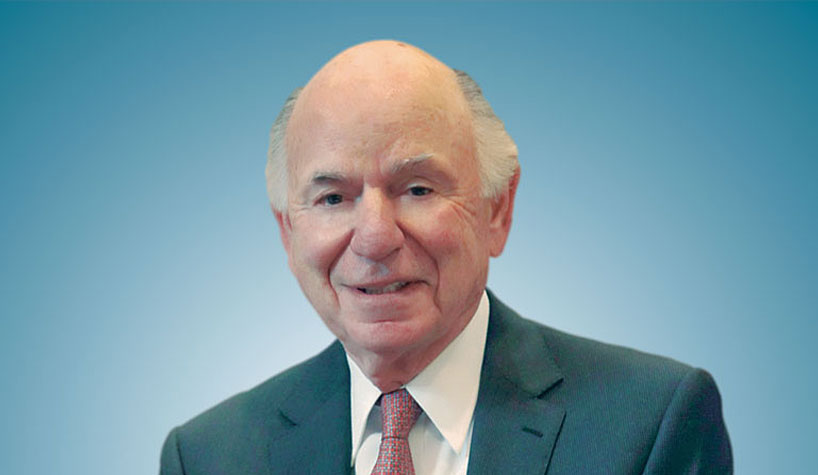By Mike Leven
Often times, when thinking about the past, one relates those thoughts to both the present and the future. February 1, 2021 will mark 60 years to the day of the beginning of such observations. At this stage, the only reality certain is that our industry will continue a steady up and down now and in the future. But it will survive.
Some past notes: In 1961, there was a crisis in New York City hospitality when the jet plane was announced for passengers so they could fly roundtrip one day from major destinations and not stay overnight. This threatened all properties that catered to passengers who arrived by train. Well, instead, the opposite happened with booming business and leisure travelers never seen before. Prior to that, hotels were empty in July and August, but the boom in leisure travel changed that. Before the 1960s, resort travel and cruise travel were for the rich. In the summer, resorts had guests staying four-to-six weeks, but as shorter stays grew with more leisure and meeting demand and affluence, longer stays became a thing of the past and resorts survived by changing their marketing and delivery systems. Some didn’t change—and they didn’t survive.
What we witnessed in these examples was that flexibility versus those trying to keep the status quo and a reluctance to accept the changing customer needs caused failures. And some great old names disappeared.
With growth in demand after the ’60s, room rates previously that grew at $1.00 a year began to move upward. In fact, in New York City, the first $50 rate did not happen until the mid ’70s when interest rates skyrocketed and development of new product was kept to a minimum. In the meantime, the industry segmented its product line even though Holiday Inn opened in 1954—and its growth was stunning—and copycats like Ramada and others followed, as well as economy lodging and budget hotels for lower-rate customers proliferated. Financial and market changes always affected those and luxury segments as well. But the world kept changing, and growing affluence and international travel added to domestic demand, and with new development peaking, the oversupply exceeded the demand. When that happens, many new developments do poorly and if a recession comes along, they do not make it. But when the global economy and the domestic economy turn and money is available, new product is created to meet the needs at the time.
Select-service properties, new companies in extended-stay and suite properties replaced old ideas and satisfied more demanding guests, as well as increasing profit margins for owners in the 1980s and ’90s. New brands using new distribution systems and electronic reservations—both their own and third parties—arrived to help along with new titled executives in revenue management and technology, which increased market penetration and reached new customers. But all the while, nothing stayed the same. So after all of that, what have we learned today? There will always be crisis. There will always be change. Always the weak will disappear—and even some strong—but the business will always be here. Be lean and be watchful for like today, break-even points have been lowered. Good people and companies get credit through the difficult times and make it through.
This article is too short to be able to predict the next crisis, but leadership must always remain in the model that understands risk, admires and respects change, and tests innovation that makes it easier and more satisfying to both the guests and employees—for after all, one cannot exist in this business without the happiness of both. We have two eyes and one brain. One eye to focus on today and another to focus on tomorrow, knowing that today’s best practice may not be tomorrow’s. The future winners will always satisfy the human part of our business. The “h” in “hospitality” can never stand for “hostility.” The survivors of the future ups and downs will have prepared because their culture will allow it.
Our business will always be there with changing times, with changing people, with changing technology, with changing financial cycles and with changing leadership. After all is said and done, how wonderful it is to be in a business that will always be there even if you do not know what form the future will take. That is why we love it.
